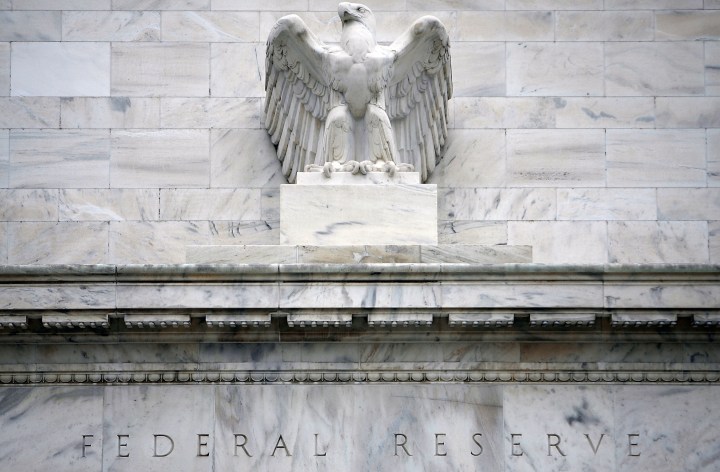
The Fed walks a tightrope: Stimulate the economy without causing a housing bubble
The Fed walks a tightrope: Stimulate the economy without causing a housing bubble

Last year, the Federal Reserve started doing everything it could to keep the economy afloat. Among other things, said Peter Conti-Brown, who teaches about the Fed at the Wharton School: “It buys up and has been buying up since the beginning of the pandemic, billions and billions of dollars of mortgage-backed securities.”
In buying those mortgage-backed securities, the Fed is allowing banks to lend more money. And with a bigger supply of money to lend out, the interest rate drops. Home buying becomes more attractive and housing demand goes up.
“As we’ve seen, prices have been going bananas in the housing market. And this is closely related to the Fed’s dramatic interventions,” Conti-Brown said.
There was another factor in the last 12 months — a lot of people wanted to get out of small apartments and buy bigger houses.
The Fed doesn’t buy mortgage-backed securities because it has a preference for housing. It’s just that the central bank’s tools are limited.
“The Federal Reserve Act really restricts the kinds of bonds that the Fed can buy in ordinary times, and it allows for the purchase of mortgage-backed securities in a way that it doesn’t allow for the purchase of other kinds of securities, absent an emergency,” Conti-Brown said.
The Fed hasn’t pulled back from buying mortgage-backed securities; it’s still trying to stimulate the economy. That’s led to worry in some circles.
“The concern is that if the Fed over-stimulates the economy, in particular over-stimulates the housing market, that could result in a housing bubble, where house prices increase rapidly and then fall rapidly,” said Gus Faucher, chief economist at PNC Financial Services Group. We’re not there yet, Faucher added.
In an interview with the Financial Times published today, Eric Rosengren at the Boston Fed (who said “we can’t have a boom and bust cycle in something like real estate”) acknowledged that may not come to pass. That the Fed is walking a fine line, however, is in no doubt.
There’s a lot happening in the world. Through it all, Marketplace is here for you.
You rely on Marketplace to break down the world’s events and tell you how it affects you in a fact-based, approachable way. We rely on your financial support to keep making that possible.
Your donation today powers the independent journalism that you rely on. For just $5/month, you can help sustain Marketplace so we can keep reporting on the things that matter to you.











